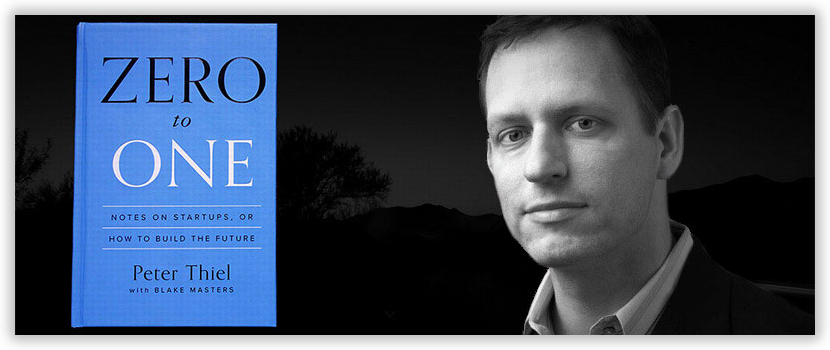
What I Learned from Zero to One
- Published on
- Authors

- Author
- Ram Simran G
- twitter @rgarimella0124
After working for 3 different startups over the past 3 years, I recently finished reading Zero to One by Peter Thiel. This book taught me many valuable lessons about building successful companies. In this blog post, I’ll share the key ideas from the book, combined with what I’ve seen in my startup journey.
Unique Innovation
Peter Thiel says that real success comes from creating something completely new, not by copying old ideas. He explains that the next big thing won’t be another social network or search engine — it will be a fresh idea no one has tried yet.
For example, PayPal succeeded by combining email and money. This created a secret to success that others didn’t see.
Aim for Monopolies Over Competition
Thiel talks about how great companies build unique niches where they can dominate without direct rivals. A good example is Google. Since 2002, Google has held a near-monopoly in search by moving ahead of Yahoo and Microsoft (well… maybe before ChatGPT came around, but you get the point).
This focus on uniqueness, instead of fighting in crowded markets, helps create strong, lasting cash flows.
Uncover Hidden Truths with Contrarian Thinking
One of my favorite lessons is asking yourself:
“What truth do you believe that no one else agrees with?”
This question can help you find untapped opportunities.
Thiel’s famous quote is, “All happy companies are different; all unhappy companies are alike.” It means that true success comes from radical differentiation.
He divides ideas into:
- Common knowledge
- Mysteries
- Secrets
Entrepreneurs should dig deep and find the secrets that others miss.
Balance Globalization with Technological Breakthroughs
Thiel explains that globalization copies proven models on a large scale, but technology should focus on creating something new.
Looking at history:
- The 19th century balanced both
- Recent decades mostly copied old ideas with limited breakthroughs outside computers
Thiel suggests expanding into areas like biotech and space to keep progress vibrant and avoid stagnation.
Rethink Business Culture and Imitation
Imitation can kill innovation. Thiel says that a strong, independent vision is key.
He explains how business schools and societal pressures often push people to follow trends, instead of chasing unique ideas.
Thiel also shares his own story:
After doing well in school and working at a top Wall Street firm, he chose to leave. He believed that breaking free from conventional paths is both risky and necessary.
This lesson reminds us that while competition can feel comfortable, being different can lead to groundbreaking success.
Final Thoughts
After reading Zero to One and experiencing life in three startups, these lessons really made sense to me. Startups win by:
- Creating new things
- Focusing on uniqueness
- Thinking differently
- Avoiding imitation
- Balancing innovation with big ideas
I believe anyone who wants to build something meaningful should read this book — and not be afraid to dare to be different.
Cheers,
Sim